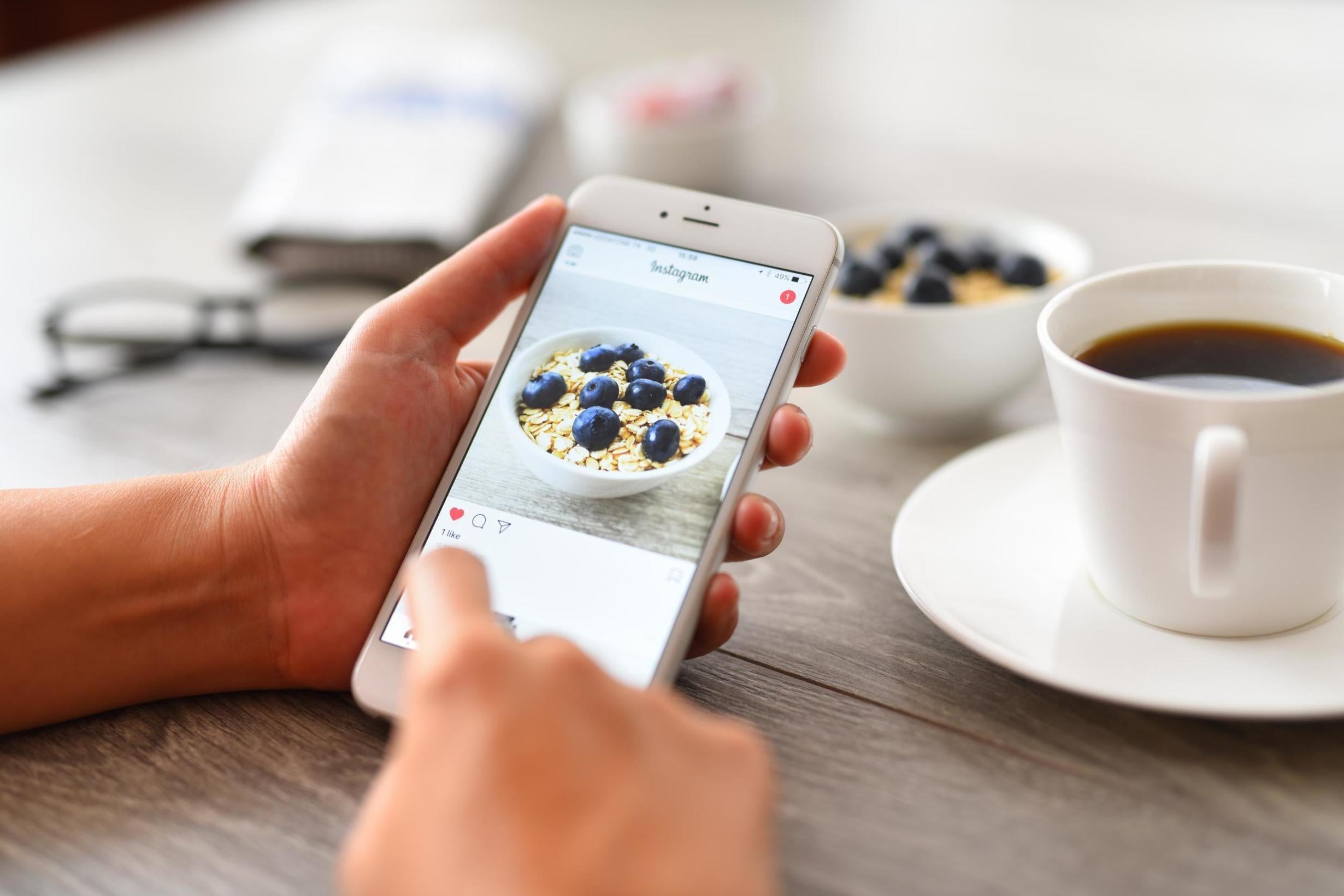Why taking away Instagram likes has completely changed the platform
Instagram likes may be gone, but how long until they stop being an influence?

Your support helps us to tell the story
From reproductive rights to climate change to Big Tech, The Independent is on the ground when the story is developing. Whether it's investigating the financials of Elon Musk's pro-Trump PAC or producing our latest documentary, 'The A Word', which shines a light on the American women fighting for reproductive rights, we know how important it is to parse out the facts from the messaging.
At such a critical moment in US history, we need reporters on the ground. Your donation allows us to keep sending journalists to speak to both sides of the story.
The Independent is trusted by Americans across the entire political spectrum. And unlike many other quality news outlets, we choose not to lock Americans out of our reporting and analysis with paywalls. We believe quality journalism should be available to everyone, paid for by those who can afford it.
Your support makes all the difference.They say it takes a minimum of 21 days to break a habit, but is the same true for our social media routines?
Recently, Instagram quietly removed its Following Activity feature, which was apparently relatively unknown and unused by a surprisingly large amount of users.
“We are removing it because only a small number of people use the Following tab regularly. Additionally, we've heard from people that they think the Following tab is a very hidden feature that they don't find to be very useful, especially when compared to a similar feature like Explore,” an Instagram spokesperson said at the time.
The change was jarring, and meant that I could no longer find out what my friends and family had liked.
For days after, I swiped to that page to find that the only information staring back at me was activity that directly impacted my profile. I often thought: “Who cares?” when I looked at the notifications.
Now that Instagram is removing likes, I wonder again what the day-to-day impact will be.
As Instagram became the primary platform for interacting, showing off, and sharing my day’s activities, the perceived importance of likes grew.
Three years ago, my older brother told me I should delete my most-recent Instagram picture because it hadn’t gotten enough likes. I listened to him and removed the (apparently) shameful photo from my feed.
In a different instance, I posted a picture only to find a friend who posted a similar picture taken the same day received twice as many likes.
When I asked why, she responded like it was obvious. “You posted yours on a Thursday afternoon but I waited until Sunday morning when I knew people would be on Instagram,” she informed me as if she were teaching me how to turn on my laptop.
Apparently there were rules to gathering Instagram likes, and I had foolishly not been playing along.
This pressure to get the most amount of likes intensified when Instagram launched Stories, which meant anything that wasn’t good enough for the Grid was relegated to my disappearing feed. I, like most millennials who spend too much time on the app, spent more time than I care to admit debating whether something was "Instagram-worthy".
The photos I chose to share became less and less. After all, you don’t want to bother your followers with the amount you post, and you certainly can’t post multiple pictures in the same day unless it is a special occasion.
It may sound like sarcasm, but know that these unspoken rules are completely true.
Eventually I mastered the task, choosing certain times to post photos, even waiting days until the weekend when “more people would be using Instagram” so that I could get more likes.
There is nothing like the rush of posting a picture only for it to become your most-liked photo ever. It also means you can’t help but feel resentment towards the photos that didn’t get “enough likes”.
This week, Instagram began removing likes from the platform for users in the US, leaving photos with the vague caption that it had been liked by “others”. Yesterday, the change made its way to my account.
While I can still see the number of likes on my own photos, again, my initial reaction when presented with this information was “Who cares?” if no one else can see the number.
However, along with that reaction was a hint of what felt like freedom - freedom from the rules of photo sharing.
Today I had the thought that maybe I’ll post a picture. While I haven’t decided what it will be yet, maybe a picture of myself, maybe a photo of my friends, or maybe a blurry shot of my Friday night, it will be for me, and not just to see how many likes I get.
But, I have not done this yet, which makes me believe it won't be as simple as choosing a photo I like at random and embracing this newfound freedom.
As with any habit, I think it will take some time before these ingrained social media behaviours are gone completely. After all, we as a society have gotten so used to likes that it may be awhile before we are able to share our authentic selves again.
When the habit finally breaks, and I no longer question how the time of day will impact the response to my pictures, I imagine my Instagram account will be a lot less picture-perfect.
It may sound dramatic, but Instagram has made itself a more accepting place by removing likes.
Join our commenting forum
Join thought-provoking conversations, follow other Independent readers and see their replies
Comments